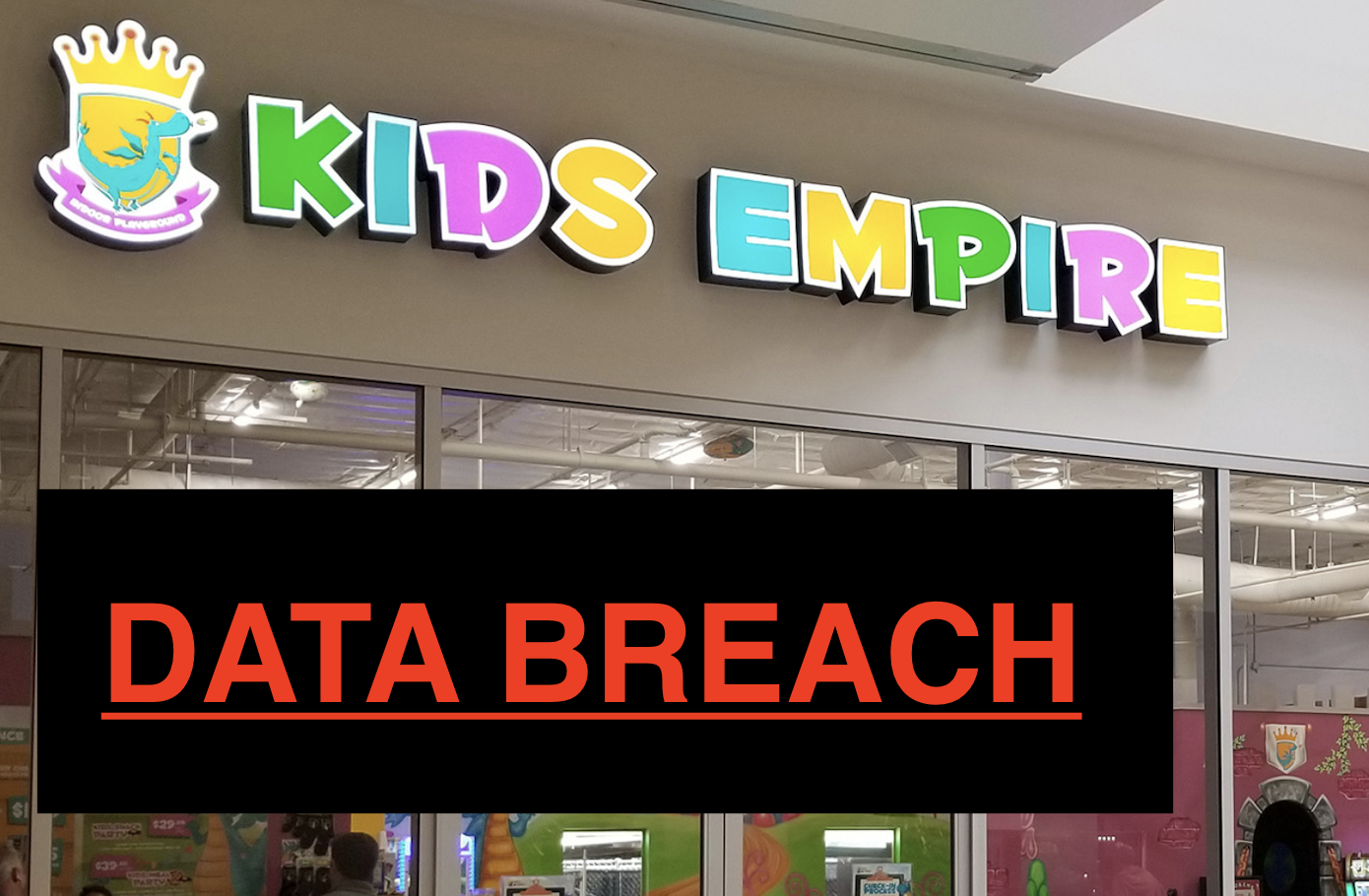Navigating the Risks of Phone Apps and Data Breaches
Unveiling the Hidden Dangers of Sharing Personal Information Online
In today’s digital era, where smartphones reign supreme and apps are an integral part of daily life, it’s essential to understand the perils of sharing our personal information. Whether it’s signing up for a new social media platform or downloading a ride-sharing app, we often disclose a wealth of data without fully grasping the potential ramifications. Recent data breaches serve as stark reminders of the dangers of sharing Personally Identifiable Information (PII) with phone apps.
PII encompasses details like names, addresses, phone numbers, email addresses, and more — all of which are gold mines for cybercriminals when exposed. When we install and use apps, particularly those that request access to our contacts, location, or personal details, we are essentially entrusting them with our sensitive information.
The Risks Unveiled by Data Breaches
Data breaches occur when unauthorized individuals gain access to a company’s database or system, potentially putting the personal information of millions of users at risk. In the event of a data breach involving a phone app, the potential dangers for users are significant:
- Identity Theft: Cybercriminals armed with PII can impersonate individuals, open lines of credit, or engage in other fraudulent activities under stolen identities.
- Financial Exploitation: Banking details or payment information stored within apps can be exploited for financial fraud, including unauthorized transactions and draining of accounts.
- Phishing Vulnerabilities: Exposed email addresses and phone numbers can be used in targeted phishing schemes, where scammers pose as legitimate entities to extract more sensitive information.
- Reputational Harm: Leaked private messages, photos, or personal conversations can lead to embarrassment, harassment, or damage to one’s reputation.
- Credential Theft: Usernames and passwords stored within compromised apps can be extracted, potentially leading to unauthorized access to other accounts if the same credentials are reused.
Measures to Protect Your Information
Despite these risks, there are proactive steps users can take to mitigate their exposure:
- Review Permissions: Before downloading an app, carefully review the permissions it requests. Only grant necessary permissions for the app to function. If an app asks for more data than it needs, consider alternatives or contact the developer for clarification.
- Stick to Trusted Sources: Use reputable app stores such as Google Play Store or Apple App Store. Check reviews, ratings, and developer information before downloading.
- Stay Updated: Regularly update your apps and your phone’s operating system. Developers often release patches to fix vulnerabilities that could be exploited by hackers.
- Enable Two-Factor Authentication: When available, enable two-factor authentication (2FA) for added security. This requires a second form of verification, such as a code sent to your phone, in addition to your password.
- Monitor Your Accounts: Keep an eye on your bank statements, credit reports, and app activity for any signs of suspicious transactions or activities.
Remaining Informed and Vigilant
As we navigate the digital landscape, it’s crucial to stay informed about the risks associated with sharing PII with phone apps. While these apps offer convenience and entertainment, they also come with responsibilities. By taking proactive steps to protect our data and remaining vigilant against potential threats, phone app data breaches we can better safeguard our personal information in the event of a data breach.
Next time an app requests access to your personal details, take a moment to pause and consider whether the convenience is worth the potential risks. Your data security is invaluable, and a moment of caution can go a long way in protecting it.




